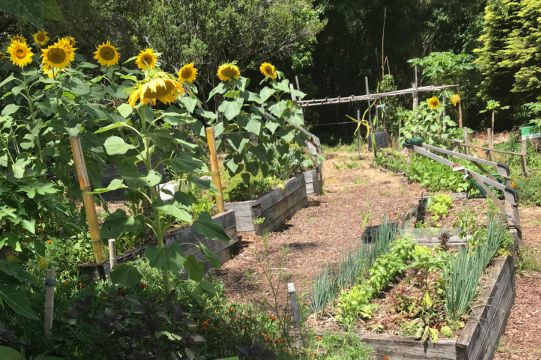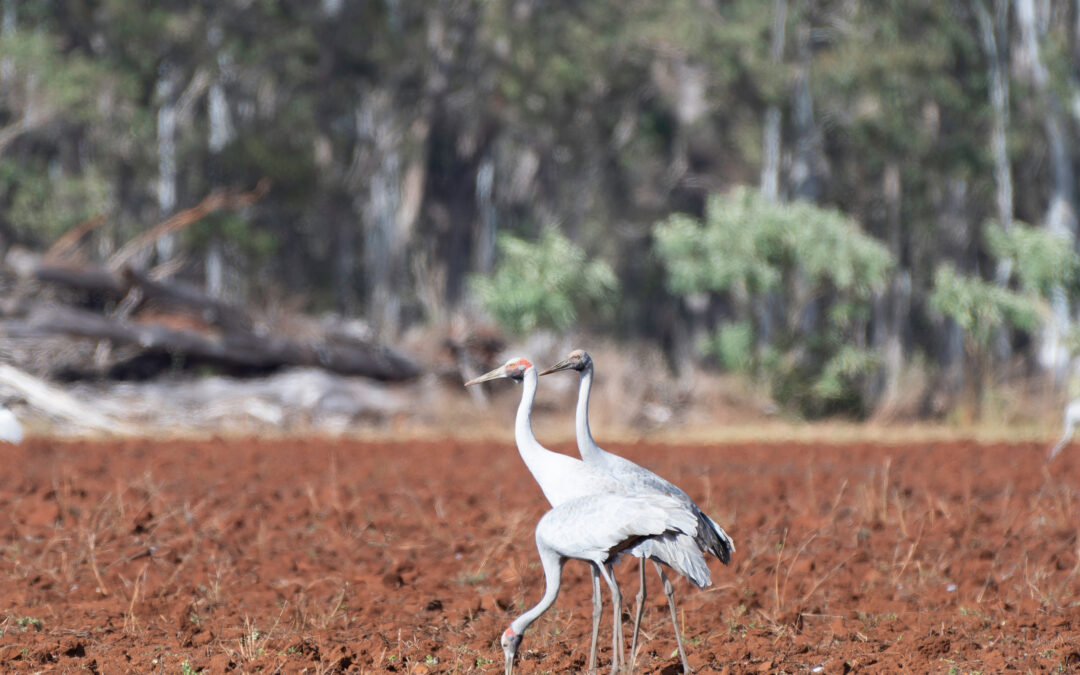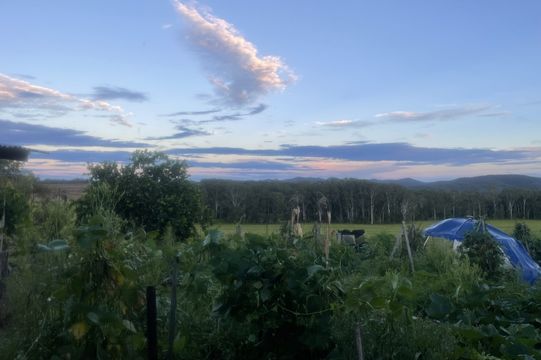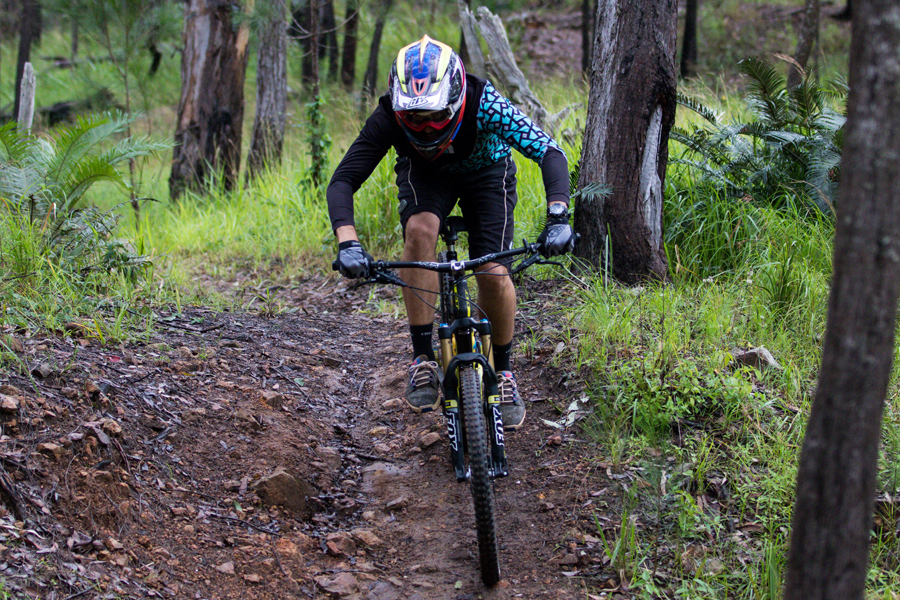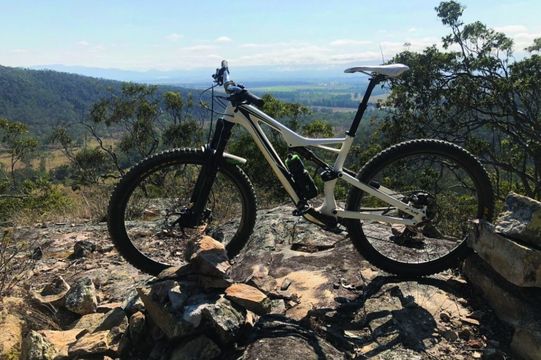By Jodie Eden
Looking for inspiration for your Tablelands veggie garden in November? My advice is: Wait until March! Yes, use the months between now and then to plan and prepare your garden beds, but if you are not already well set up for gardening in hot dry conditions, soon to be followed by hot wet conditions, then any sweaty effort you put in at this time is likely to be followed by tears.
Having said that, if you want good payoff for effort, I recommend putting up shade cloth, preferably over a high enough structure to allow you to work comfortably underneath. I also continue to shout ‘mulch, mulch, mulch!’ Please note that, once the rain comes, you must pull mulch back from susceptible plants or their stems will rot. One uplifting thing is that these hot dry months are perfect for seed saving. The easiest seeds to save are lettuce, bean, and pea seeds, which are self-pollinating, so they always grow true-to-type. Lettuce, which grows beautifully during Winter, turns bitter as the weather heats up and ‘bolts’, sending up a huge flower spike that eventually becomes fluffy masses of seed. Go around with a big bowl and shake each flower spike into the bowl. Let this sticky, fluffy stuff dry out for a few days (don’t leave it for mice to eat), then blow gently on the bowl to get rid of the ‘chaff’ and admire your seeds left at the bottom. Bean and pea seeds are also very easy to save in dry weather. When the pods get old and dry out, pick them and crumble away the pod to expose the seeds. Note that most green bean and snow pea varieties will stop producing if you let too many pods get old like this. The plant figures that it’s done its work reproducing and so it dies. If you are intending to pull the plant out anyway, it is well worth waiting and collecting the seed, so you don’t need to buy new seeds next year.
Seeds should be very well dried out and then stored in a cool, dry place, preferably in sealed containers in the fridge. Most times if you have trouble germinating seeds it is because they haven’t been stored correctly. If you keep seeds in the fridge, they will remain viable for years and you will save a lot of money and frustration.
Seeds to plant now
(November/December)
Easy: Beans, zucchini, pumpkin, cherry tomatoes.
Medium: Silverbeet, cucumber, melons, sweet corn – protect seeds from mice.
Plant in a block of at least 12 to ensure pollination. Provide nitrogen-rich fertiliser.
Capsicum, chilli – Plants can live for several years but the fruits often rot in the wet season. If you persevere, you should get good fruit in Autumn, and then again in the following Spring.
Difficult: Larger tomatoes – keep plants off the ground by tying to stakes. When the wet season comes, remove all lower leaves to allow air flow. English spinach, lettuce – plant in boxes of rich, well-watered compost under shade cloth.
Wasting your time: Onions and garlic will not bulb now, carrots and beetroot will not be sweet, and Brassicas will be destroyed by caterpillars. Wait until March!

